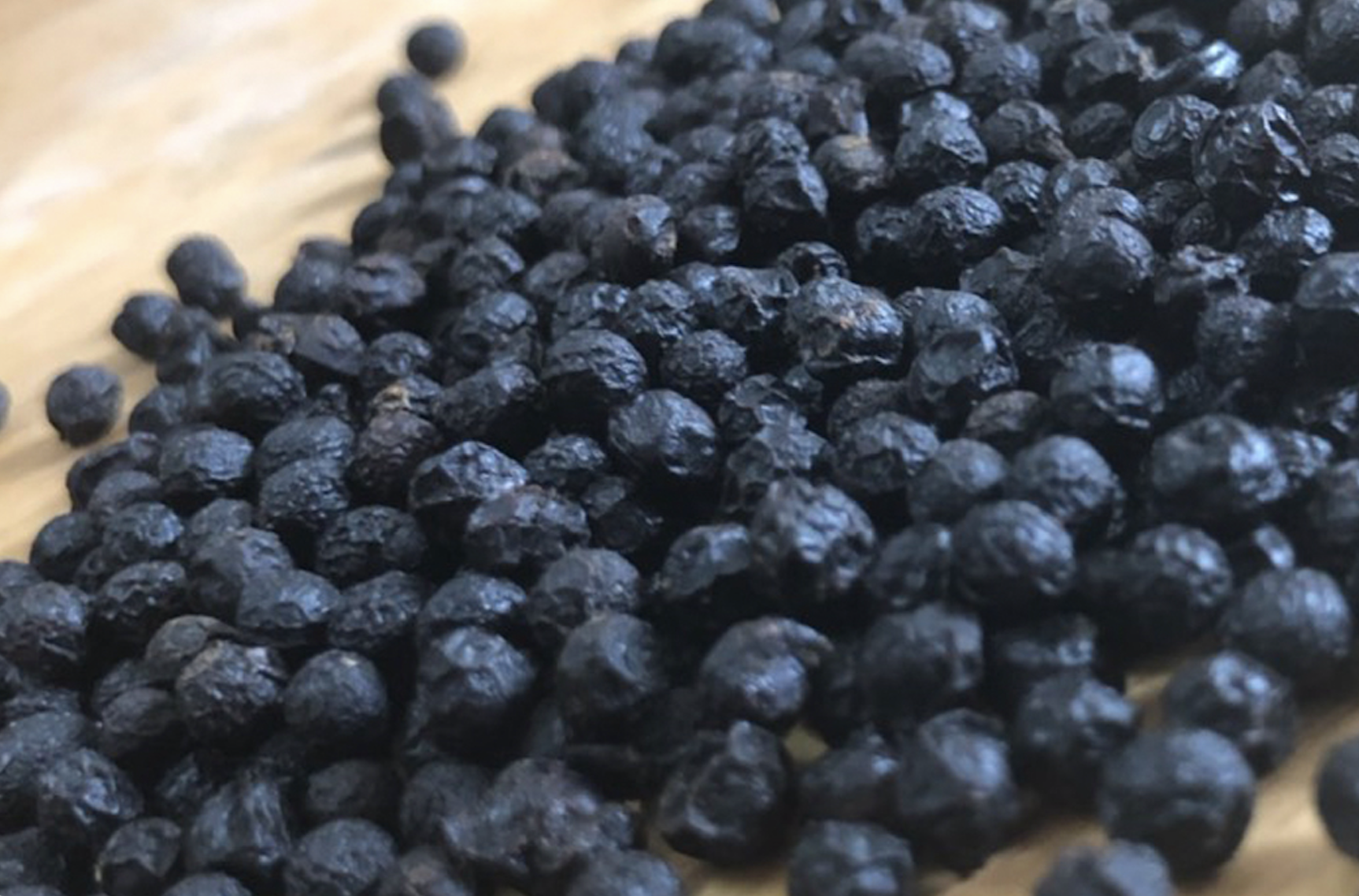
Vietnam’s pepper industry is back in the spotlight, experiencing an unprecedented surge in value. With the country holding 40% of the world’s supply and accounting for 60% of global exports, 2024 marked a turning point as prices soared and total export revenue exceeded $1.3 billion - the highest level in eight years.
Vietnam’s pepper exports reach historic highs
According to the Vietnam Pepper and Spice Association (VPSA), Vietnam’s pepper cultivation area currently stands at around 113,000 hectares, producing an estimated 190,000 tons annually.
In 2024, Vietnamese companies exported nearly 250,000 tons of pepper, securing the country’s status as the world’s largest supplier.
Although the export volume decreased by 6.2% compared to the previous year, the value of pepper exports surged by 44.4%, driven by a sharp rise in global prices.
The average export price of Vietnamese black pepper in 2024 reached $5,154 per ton, a 49.7% increase, while white pepper climbed to $6,884 per ton, up 38.9% from the previous year. At certain points, Vietnam’s pepper even became the most expensive in the world.
Domestically, pepper prices saw an equally dramatic rise. At the start of 2024, black pepper was priced at around 80,000 VND ($3.40) per kilogram, but by June, it had skyrocketed to 180,000 VND ($7.65) per kilogram. By the end of the year, prices stabilized at 146,000–147,000 VND ($6.20) per kilogram.
As a result, Vietnam’s pepper industry recorded robust growth, with some companies reporting export revenue increases of up to 150% compared to 2023. Farmers also saw significant profits, earning between 60,000 and 100,000 VND ($2.55–$4.25) per kilogram of pepper sold.
A decade-long boom on the horizon
VPSA President Hoang Thi Lien attributes the sharp rise in pepper prices to a significant decline in global supply.
The 2025 global pepper harvest is projected to shrink further as farmers shift to other crops due to rising production costs. Additionally, extreme weather conditions have impacted major pepper-producing countries such as Indonesia, India, Malaysia, Sri Lanka, and Brazil, leading to lower yields.
In Vietnam, the 2025 harvest season will extend from February to April, slightly delayed due to drought conditions. Supply constraints, combined with stable demand in key markets like the U.S. and Europe, suggest that pepper prices will remain high.
China, another major consumer, is expected to increase its imports in March and April as its domestic reserves dwindle.
"With the current outlook, global pepper production will not meet rising demand for the next 3–5 years. In Vietnam, we are entering a new price cycle that will help compensate for years of low returns," Lien said.
A new price cycle that could last a decade
According to Hoang Phuoc Binh, Vice Chairman of the Chu Se Pepper Association (Gia Lai), the pepper industry follows distinct price cycles. The previous cycle began in 2010 and peaked in 2015, when prices reached 230 million VND ($9,780) per ton - equivalent to 6.5 ounces of gold.
After years of price declines, the new price cycle began in 2024. Experts predict that it could last up to a decade, with prices potentially reaching a new record high of 350,000–400,000 VND ($14.85–$17) per kilogram. While fluctuations are expected, the long-term trend points upward.
Binh explains that pepper cultivation remains on a downward trend due to aging plantations and farmers switching to other crops. Since new pepper trees take four years to mature, any expansion efforts will take time to impact supply.
Recognizing this, Vietnamese farmers are now adopting more sustainable practices. Rather than expanding pepper cultivation, they are focusing on quality improvements, intercropping methods to reduce costs, and adapting to climate change.
Meanwhile, businesses are shifting from exporting raw pepper to producing high-value processed products, targeting niche markets and strengthening Vietnam’s brand in the global spice industry.
Seizing the momentum for long-term success
Industry leaders stress that agricultural exports, including pepper, represent a renewable economic resource -unlike finite mineral reserves, agriculture offers sustainable profitability when managed effectively.
"There is no resource more valuable than agriculture. Unlike mining, which depletes over time, crops like pepper and coffee can generate continuous returns. The world is recognizing the power of agriculture, and Vietnam must capitalize on this advantage," said Phan Minh Thong, CEO of Phuc Sinh Group.
As Vietnam’s pepper industry enters a new era of growth, the challenge now lies in ensuring long-term sustainability. With the right strategies, Vietnamese farmers and exporters can not only maintain their global dominance but also achieve greater prosperity for years to come.
Tam An